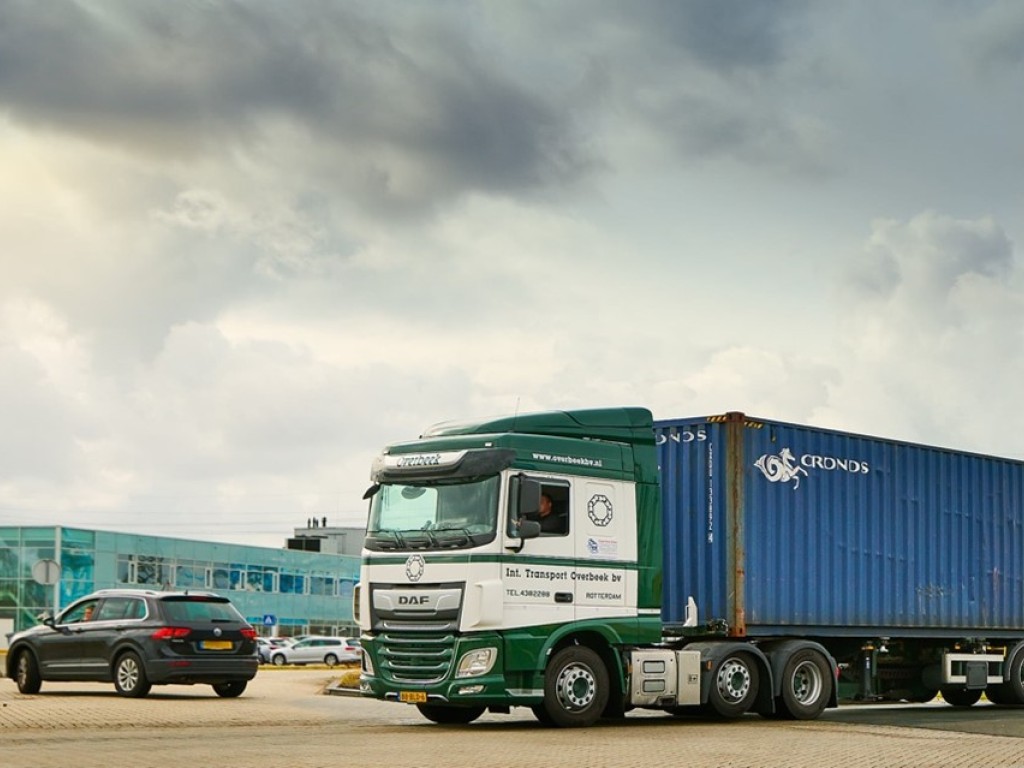STRiDE: Strategies for Resilience in Disruptive Environments

Wereldwijde toeleveringsketens staan onder druk door een toenemend aantal verstoringen en snelle veranderingen in handelsbeleid. Naast natuurrampen, spelen geopolitieke spanningen zoals de oorlog in Oekraïne, de crisis in de Rode Zee, regionale protectionisme en snel veranderende wetgeving rondom generatieve AI (GenAI) een steeds grotere rol. Deze ontwikkelingen verstoren logistieke stromen en zorgen voor nieuwe eisen aan routes, opslagstrategieën en distributienetwerken. Logistieke bedrijven worden gedwongen om niet alleen snel op acute verstoringen te reageren, maar ook hun strategieën op de lange termijn aan te passen voor een veerkrachtiger systeem.
Het onderzoeksproject STRiDE (Strategies for Resilience in Disruptive Environments) richt zich op het vergroten van de weerbaarheid van wereldwijde supply chains en de Nederlandse logistiek, tegen zowel menselijke als technologiegedreven verstoringen. Denk hierbij aan geopolitieke risico’s zoals handelsbarrières of stakingen, maar ook aan risico’s door verkeerd gebruik van generatieve AI, zoals misinformatie of onduidelijke verantwoordelijkheden.
Het project heeft drie hoofdambities:
- Scenario- en noodplanningstools ontwikkelen:
STRiDE ontwikkelt interactieve tools die bedrijven ondersteunen bij het inschatten van risico’s. Hiervoor worden twee indexen ontwikkeld: een Geopolitical Risk Impact Index (GRII) en een Generative AI Impact Index (GAII). Deze worden geïntegreerd in realistische simulaties en dashboards waarmee logistieke professionals dreigingen kunnen visualiseren en passende reacties kunnen verkennen. - Effecten op bedrijfsniveau in kaart brengen:
Door middel van data-analyse en praktijkonderzoek wordt onderzocht hoe geopolitieke en AI-gerelateerde verstoringen van invloed zijn op toeleveringsketens. Daarbij wordt onderscheid gemaakt tussen directe en indirecte effecten op bedrijfsvoering, logistieke netwerken en besluitvorming. - Risicobeheersstrategieën op maat ontwerpen:
STRiDE levert bedrijven concrete handvatten om risico’s door internationale conflicten, beleidswijzigingen en AI-gerelateerde onzekerheden het hoofd te bieden. Deze strategieën helpen om operationele continuïteit te waarborgen, zelfs bij onverwachte schokken.
Het project wordt uitgevoerd door een multidisciplinair team van onderzoekers met expertise in logistiek, strategie, economie en digitale technologieën. Twee betrokken bedrijven leveren praktijkcases en testen de ontwikkelde tools in realistische omgevingen. Met STRiDE willen de partners bijdragen aan een toekomstbestendige logistieke sector die beter voorbereid is op nieuwe vormen van risico.